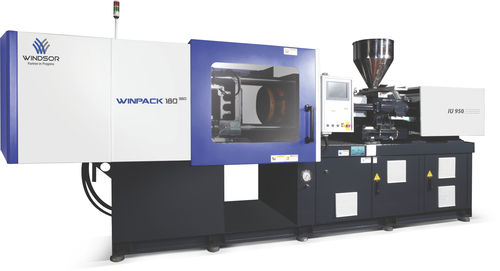Advanced MongoDB Techniques for MERN Developers

The MERN (MongoDB, Express.js, React, Node.js) stack has become synonymous with modern web development, empowering developers to create dynamic and scalable applications. At the heart of this stack lies MongoDB, a NoSQL database that provides flexibility and scalability in handling data. While mastering the basics of MongoDB is crucial, delving into advanced techniques can elevate MERN developers’ capabilities and enhance the overall efficiency of their applications. In this article, we explore advanced MongoDB techniques that go beyond the fundamentals, offering MERN developers a deeper understanding of how to harness the full power of MongoDB.
Geospatial Indexing for Location-Based Services:
One advanced feature that sets MongoDB apart is its support for geospatial data. MERN developers can leverage geospatial indexing to perform location-based queries efficiently. Whether building a mapping application, a location-based service, or a geographically aware platform, geospatial indexing enables developers to find and analyze data based on its geographic location. This advanced technique opens doors to a wide array of applications where spatial relationships matter.
Full-Text Search with Text Indexes:
MongoDB’s text indexes empower MERN developers to implement robust full-text search functionality within their applications. This feature is particularly useful for applications with extensive textual content, such as blogs, forums, or knowledge bases. By creating text indexes, developers can perform efficient text searches and deliver relevant results to users.
Utilizing the Aggregation Pipeline:
While basic queries are powerful, the Aggregation Framework takes MongoDB data processing to the next level. MERN developers can construct complex data transformations and analytics pipelines using stages like $match, $group, $project, and more. The Aggregation Framework enables developers to perform advanced data manipulations directly within the database, reducing the need for extensive post-processing on the application side.
Time-Series Data Management:
For applications dealing with time-series data, MongoDB offers powerful features to handle temporal information efficiently. MERN developers can utilize time-based indexes and date operators to query and analyze time-series data seamlessly. This is particularly beneficial for applications such as IoT platforms, financial systems, or any scenario involving chronological data.
Capped Collections for High-Volume Data Streams:
Capped collections in MongoDB provide a unique solution for scenarios where a fixed-size, high-performance data stream is required. MERN developers can use capped collections for logging, event tracking, or any use case where a rolling window of data is sufficient. Capped collections automatically remove older documents as new ones are added, ensuring a constant and controlled data volume.
Data Masking & Field-Level Encryption:
Security is a top concern for MERN developers, especially when dealing with sensitive information. MongoDB provides advanced security features, including field-level encryption. This technique allows developers to encrypt specific fields within a document, adding an extra layer of protection to sensitive data. Field-level encryption is particularly valuable in applications handling personally identifiable information (PII) or financial data.
Change Streams for Real-Time Data Sync:
MongoDB Change Streams provide a mechanism for MERN developers to monitor changes in the database in real-time. This feature is instrumental in scenarios where immediate reactions to data modifications are necessary, such as real-time collaboration tools or messaging applications. MERN developers can leverage Change Streams to keep multiple instances of an application in sync.
Bulk Write Operations for Performance:
When dealing with large datasets, MERN developers can significantly improve performance by utilizing MongoDB’s bulk write operations. Instead of performing individual write operations, bulk write operations allow developers to execute batches of writes, reducing the overhead associated with multiple requests. This is particularly beneficial for data import, migration, or any scenario involving a high volume of write operations.
Final Thoughts
As MERN developers venture beyond the basics of MongoDB, embracing advanced techniques opens up new possibilities for building sophisticated and high-performance applications. From geospatial indexing to field-level encryption, each advanced feature caters to specific scenarios, providing MERN developers with a diverse toolkit for various use cases. By mastering these advanced MongoDB techniques, MERN developers can not only enhance their applications’ capabilities but also stay at the forefront of modern web development practices. The journey into MongoDB’s advanced features is a rewarding one, offering developers the keys to unlocking the full potential of their MERN stack applications.





